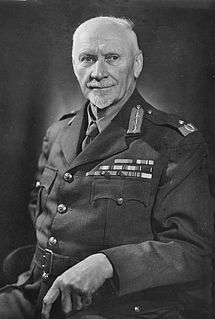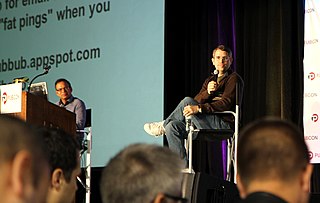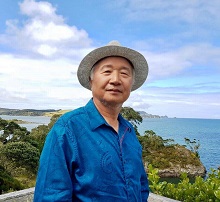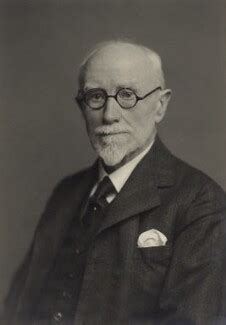A Quote by Jan Smuts
In spite of the great advances which have been made in our knowledge, some fundamental gaps remain. Matter, life and mind still remain utter disparate phenomena, yet the concepts of all three arise in experience; and in the human all three meet and intermingle.
Related Quotes
The life and soul of science is its practical application, and just as the great advances in mathematics have been made through the desire of discovering the solution of problems which were of a highly practical kind in mathematical science, so in physical science many of the greatest advances that have been made from the beginning of the world to the present time have been made in the earnest desire to turn the knowledge of the properties of matter to some purpose useful to mankind.
In my dreams is a country where the State is the Church and the Church the people: three in one and one in three. It is a commonwealth in which work is play and play is life: three in one and one in three. It is a temple in which the priest is the worshiper and the worshiper the worshipped: three in one and one in three. It is a godhead in which all life is human and all humanity divine: three in one and one in three.
The main object of the work was to present such a survey of the advances already made in physical knowledge, and of the mode in which they have been made, as might serve as a real and firm basis for our speculations concerning the progress of human knowledge, and the processes by which sciences are formed.
My main professional interest during the 1970s has been in the dramatic change of concepts and ideas that has occurred in physics during the first three decades of the century, and that is still being elaborated in our current theories of matter. The new concepts in physics have brought about a profound change in our world view; from the mechanistic conception of Descartes and Newton to a holistic and ecological view, a view which I have found to be similar to the views of mystics of all ages and traditions.
Who am I?” “What is the purpose of my life?” These questions arise spontaneously throughout our lives, either unbidden or through conscious intent. Anyone who wishes to live an authentic life must answer these questions, regardless of whether they believe in the existence of the soul or practice a religion. If these queries remain unanswered, life will more than likely remain superficial and empty, in spite of any material abundance. If you wish to make the soul's journey, then I suggest you ask yourself these questions relentlessly and ruthlessly, and listen carefully.
I say that creeds, dogmas, and theologies are inventions of the mind. It is the nature of the mind to make sense out of experience, to reduce the conglomerates of experience to units of comprehension which we call principles, or ideologies, or concepts. Religious experience is dynamic, fluid, effervescent, yeasty. But the mind can't handle these so it has to imprison religious experience in some way, get it bottled up. Then, when the experience quiets down, the mind draws a bead on it and extracts concepts, notions, dogmas, so that religious experience can make sense to the mind.
At the core, there is one simple, overarching reason why so many people remain unsatisfied in their work and why most organisations fail to draw out the greatest talent, ingenuity, and creativity of their people and never become truly great, enduring organisations. It stems from an incomplete paradigm of who we are - our fundamental view of human nature. The fundamental reality is, human beings are not things needing to be motivated and controlled; they are four-dimensional - body, mind, heart, and spirit.
It is incumbent on a great nation to remain confident, if it wishes to remain free. We need not be ignorant to real threats to our safety, against which we must remain vigilant. We need only to banish to the ash heap of history the notion that we ought to be ruled by our fears and those who use them to enhance their own power.
When we three spoke ourselves into human existences the Son of God, we became fully human. We also chose to embrace all the limitation that this entailed. Even though we have always been present in this created universe, we now became flesh and blood. It would be like this bird (a jay), whose nature it is to fly, choosing to only walk and remain grounded. He doesn't stop being a bird, but it does alter his experience of life significantly.












































